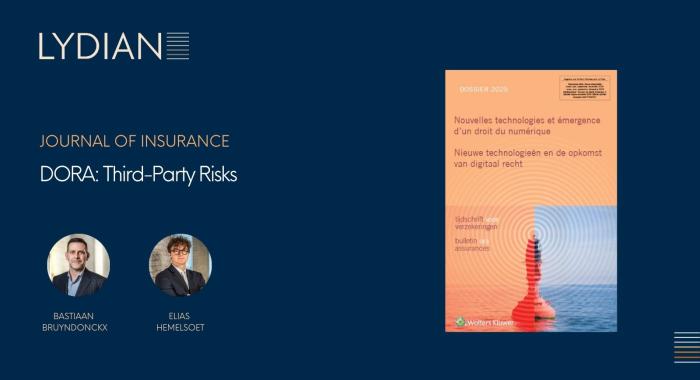
Brexit - Environmental law
What does the TCA foresee with respect to the environment?
The TCA first of all reflects the EU's modern trade policy thanks to the inclusion of ambitious commitments for – among others – environmental protection and the fight against climate change, thereby ensuring that trade is not just open but also fair and sustainable. It also favours the circular economy by extending preferential treatment to products that have been repaired or remanufactured.
The TCA also contains several guarantees in terms of environmental protection, over and above the non-regression provisions applying to environment and climate. These include:
- A recognition of the shared biosphere;
- Coverage of future targets that are now incorporated in the laws of both parties (the 2030 waste recycling targets, the 2027 water targets and the 2030 air pollution ceilings);
- Full inclusion of the key environment principles, including the precautionary principle, the polluter pays principle and the integration principle;
- Full inclusion of the principles of the Aarhus Convention with modernised text, including access to justice, access to information and public participation;
- Effective co-operation mechanism foreseen between the supervisory body or bodies in the UK in terms of protection of the environment, and the Commission;
- The recognition of the relevance of procedures for evaluating the likely impact of a proposed activity on the environment, such as an environmental impact assessment or a strategic environmental assessment.
In which areas will levels of protection be protected?
The EU and the UK agreed to uphold levels of protection in the area of environment and climate.
Environmental levels of protection include the following areas:
- industrial emissions;
- air emissions and air quality;
- nature and biodiversity conservation;
- waste management;
- the protection and preservation of the aquatic environment;
- the protection and preservation of the marine environment;
- the prevention, reduction and elimination of risks to human health or the environment arising from the production, use, release or disposal of chemical substances; or
- the management of impacts on the environment from agricultural or food production, notably through the use of antibiotics and decontaminants.
The climate level of protection applies to:
- emissions and removals of greenhouse gases covering EU's and the UK's respective 2030 economy-wide targets including their systems of carbon pricing; and
- the phasing-out of ozone depleting substances.
Will the UK still be bound by EU climate change targets and policies?
This is the first time the EU has included the fight against climate change as an “essential element” in a bilateral agreement with a third country. This puts the fight against climate change on a par with other essential elements such as democracy, human rights and the rule of law and non-proliferation of weapons of mass destruction.
The recognition of the fight against climate change as an essential element of the TCA means, for example, that if the EU or the UK were to withdraw from the Paris Agreement, or take measures defeating its purpose, the other party would have the right to suspend or even terminate part or all of the TCA. This new clause reflects one of the European Commission's fundamental commitments as part of the European Green Deal.
Even though the UK will define its own climate change targets and policies, the TCA establishes an ambitious framework for cooperation in the fight against climate change:
- Both parties reaffirmed their ambition to achieve economy-wide climate neutrality by 2050;
- A strong principle of non-regression, including on carbon pricing, is included in the TCA, ensuring that the current level of climate protection in the EU and in the UK will continue to be upheld. This means that both sides have agreed to ensure that, at a minimum, the level of climate protection in place at the end of the transition period shall be guaranteed also in the future. Moreover, each Party also committed to seeking to increase its levels of protection over time;
- Both sides have also agreed in the aviation title not to exempt aircraft fuel from taxation;
- Etc.
How does the TCA contribute to trade and sustainable development?
The EU and the UK recognised in the TCA that their bilateral trade and investment must take place in a manner conducive to sustainable development.
To that end, the EU and the UK agreed to promote the implementation of the United Nations 2030 Agenda and the United Nations' Sustainable Development Goals, and to adhere to the implementation of relevant internationally agreed principles, rules and agreements, such as multilateral environmental agreements, including climate change mitigation-related multilateral initiatives, such as the United Nations Framework Conventions on Climate Change, and the Paris Agreement of 2015.
In addition to that, the EU and the UK agreed to promote trade and investment in green goods, to cooperate bilaterally and at the international level on the sustainability agenda and to encourage responsible business practices.
Our dedicated Lydian team is ready to assist you with any questions you might have regarding Brexit.
Contact us with all your questions on brexit@lydian.be
